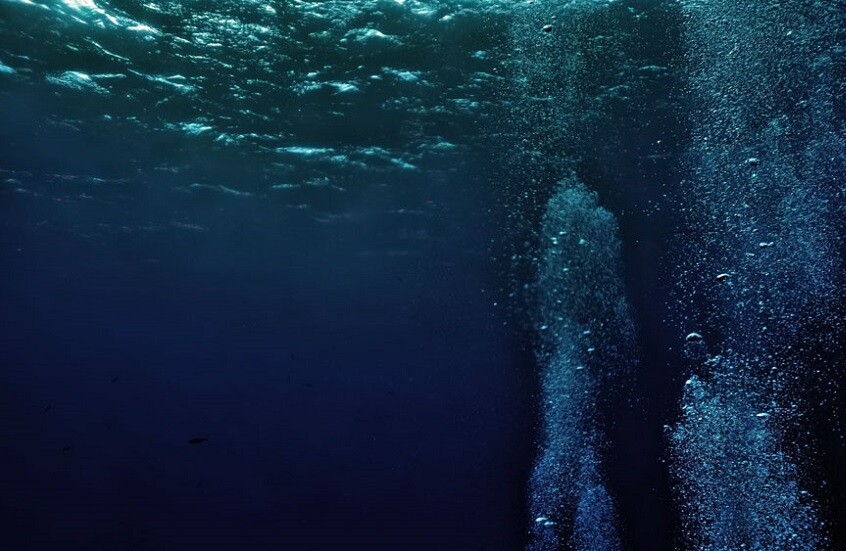Study: Black Sea Microbes Act as a Natural Barrier to Limit Emissions of 'Laughing Gas'

Scientists from the Marine Microbiology Institute at the German "Max Planck" Society have revealed a vital mechanism played by microorganisms in the Black Sea in reducing emissions of nitrous oxide (N₂O), one of the strongest greenhouse gases that directly affects the ozone layer.
Importance of the Gas and Its Impact
Nitrous oxide is the third most prevalent and persistent greenhouse gas in the atmosphere, where it can remain for about 120 years. Since oceans represent a major natural source of this gas, researchers believe that understanding its production process and the transformations it undergoes within the oceans is a scientific necessity to assess the long-term impact of climate change.
Results of the Scientific Expedition
The research team concluded through a scientific mission aboard the "Poseidon" ship in the western part of the Black Sea that the hypoxic zone – the layer of water that lies between the oxygen-rich surface and the nearly oxygen-free depth – experiences a balanced cycle of N₂O production and consumption.
According to the study, certain microbes produce the gas, while other microbes convert it into nitrogen gas, acting as a biological barrier that prevents large amounts of N₂O from reaching the atmosphere.
Potential Future Impacts
However, scientists warn that rising global temperatures and decreasing oxygen levels in the oceans may expand the areas of low oxygen, which means a greater likelihood of larger amounts of nitrous oxide rising in the future, thereby increasing the environmental pressure associated with global climate change.
